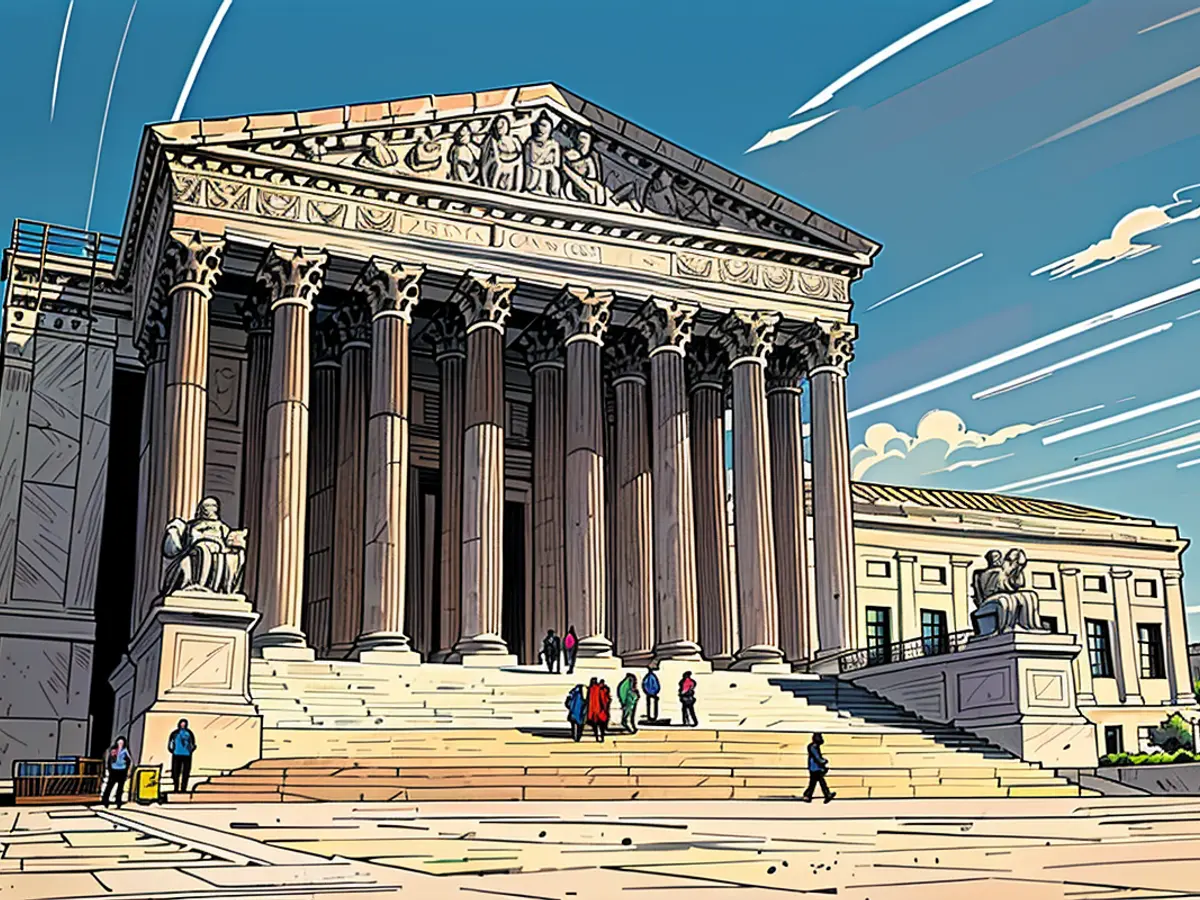The Highest Court decides against reviewing the constitutionality of the Consumer Product Safety Commission's organizational setup.
Two "educational organizations" contended that the 52-year-old autonomous consumer protection organization infringes on the Constitution due to its five-member board, which can only be dismissed by the president for justifiable reasons.
The federal appeals court had thwarted the groups' claims, and the Supreme Court's denial to hear the case maintained the agency's structure.
The litigation marks a phase in a prolonged legal struggle over autonomous agencies that Congress creates and aims to safeguard from political influence and a president's caprices. Critics argue that these autonomous organizations, with boards not easily dismissible, raise substantial concerns regarding the separation of powers.
The Consumer Product Safety Commission, the groups asserted to the Supreme Court, has the power to "prohibit products, file enforcement actions, and levy eight-figure penalties," yet operates beyond the realm of political responsibility.
The commissioners, the groups stated, are "devoid of accountability to the chief executive who wields such power."
In defence, the Biden administration contended that the litigants do not manufacture items controlled by the commission and thus should be disqualified from filing a lawsuit. The groups initiated the litigation not due to a recalled product but as retaliation for the commission's failure to comply with their records requests in 2021.
Biden officials emphasized that a victory for the groups could prompt challenges to associated federal agencies, such as the National Transportation Safety Board, the Securities and Exchange Commission, the Occupational Safety and Health Review Commission, and the Nuclear Regulatory Commission. These agencies also possess multi-member boards established to provide a degree of autonomy from the president and presidential politics in their decision-making.
A triumph for the groups, Consumers’ Research and By Two, could have bolstered a president's power to shape those boards.
The appeal is the latest in a series of attempts to weaken autonomous agencies. In 2020, the Supreme Court invalidated the leadership structure of the Consumer Financial Protection Bureau, ruling that it violated separation of powers principles since the president was unable to dismiss the director at will. This litigation arose after a high-profile conflict between the then-director and former President Donald Trump.
Among the lawyers representing the groups challenging the Consumer Product Safety Commission this time was Don McGahn, who served as White House counsel under Trump.
To defend the consumer agency, the Biden administration is leaning heavily on a 1935 precedent that raised similar queries about the Federal Trade Commission. The groups challenging the agency, however, are concentrated on the more current decision, dating back to 2020, involving the CFPB.
A US District Court judge appointed by Trump sided with the groups, but the conservative 5th US Circuit Court of Appeals overturned that decision. Upon the full 5th Circuit declining to reconsider that decision in April, Judge Don Willett, a Trump nominee, wrote that the 1935 precedent governed the case but that it was "hardly possible to reconcile" those opinions with the Supreme Court's "current separation-of-powers sentiment."
The appeal to the Supreme Court, Willett observed, "was a foregone conclusion."
The legal struggle over autonomous agencies is driven by concerns about their potential political influence, with critics arguing that boards not easily dismissible may infringe on the separation of powers. Politically sensitive agencies, such as the Consumer Product Safety Commission, are under scrutiny for operating beyond political responsibility.








